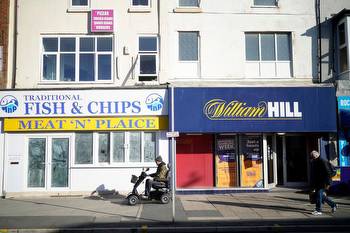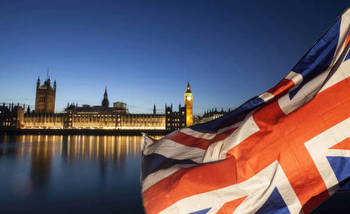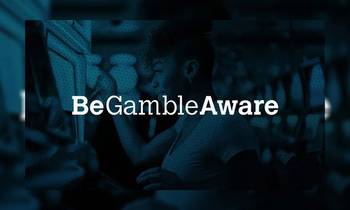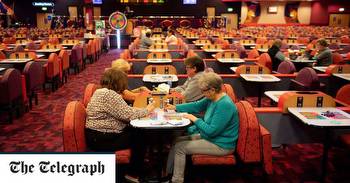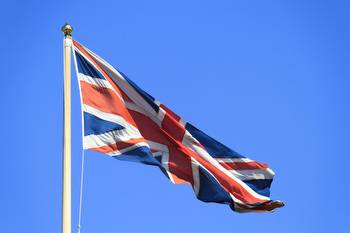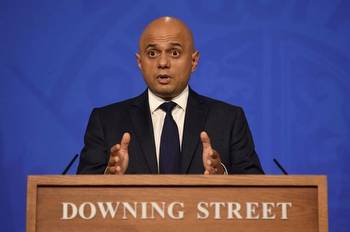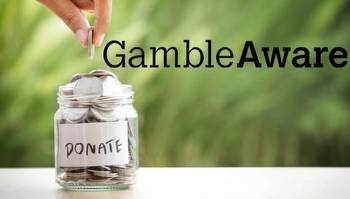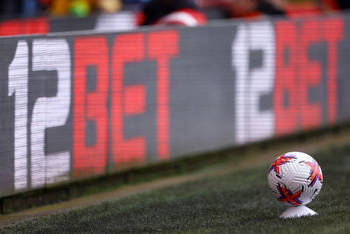Betting industry will ‘keep back funds from gambling harm charity’
The betting industry has threatened to redirect a quarter of the funds expected to go to a charity tackling harms caused by gambling, the Guardian understands.
The four largest members of the Betting and Gaming Council have in the past pledged to use GambleAware as the main commissioner of any money it gave to tackle problems caused by its activities.
But sources at GambleAware said the charity was informed in recent weeks by BGC that in future, 25% of funds would be kept back to distribute directly to projects chosen by Bet365, Flutter Entertainment, GVC Holdings and William Hill.
The industry-funded charity currently chooses how money is spent to tackle gambling harm – whether that is on research, education and prevention work, or treatment. In its last funding announcement in 2020, the BGC pledged to use GambleAware as the main commissioning agent to spend £100m over four years to 2024 on projects it chose.
The BGC said its position had not changed and that it will have given them £110m by 2024, but sources at GambleAware said there had been a significant shift in plans for how further money tackling industry harm would be spent.
The former Tory leader Iain Duncan Smith said: “The fact that the BGC are taking a unilateral decision to redirect 25% of future funds away from GambleAware to fund its own chosen causes could not set out more clearly why a statutory levy to fund research, education and treatment is absolutely essential.
“This racket of the gambling industry deciding when, how much and now where money is spent to deal with the harm it causes simply has to end.”
The threat comes as a government white paper on gambling is expected early this year. Those close to negotiations over its contents say No 10 is actively considering introducing a statutory levy on the industry, which would force firms to pay a certain amount into an independently – run central fund that could commission services.
It is understood the statutory levy was off the table under Liz Truss, but Rishi Sunak is now considering it, which is the reason for the delay.
The gambling industry pays a voluntary levy to fund research, education and treatment (RET), but experts believe the rate needs to be legally binding. Gambling licences are conditional on making an annual contribution but according to analysis by GambleAware last year, the recommended rate of 0.1% of gross gambling yield had never been met. The industry disputes this.
The Labour peer Hilary Armstrong, who sits on the board of GambleAware, said: “I understand that for the next three years, the proposal of the gambling companies is that they very much want a voluntary levy to continue and that about a quarter of what they will give, they will decide themselves which organisations they’re going to support, rather than putting it through GambleAware. So there’s no accountability. And there’s no transparency around, you know, how this money is spent, and whether it is effective.”
GambleAware has been criticised for being too close to the industry, for example by focusing in education programmes on the idea of “problem gambling,” which some say is a key narrative pushed by industry to deflect from the addictive nature of products they promote. But the charity has been publicly supportive of a statutory levy and experts believe the BGC may be flexing its muscles by threatening to withdraw funds.
Will Prochaska, the strategy director of the charity Gambling With Lives, which supports families whose relatives died of gambling-related suicide, said: “This isn’t just about money it’s about influence. The industry is warning GambleAware that if they don’t toe their line the funding will be removed. Whichever other charities receive the windfall in GambleAware’s place will be being rewarded for supporting the industry’s philosophy of individual responsibility.
“It would be outrageous for the tobacco industry to control who delivers smoking cessation campaigns, so why is the gambling industry given such sway over who delivers research, education or treatment for gambling-related harm?”
Zoe Osmond, the chief executive of GambleAware, said: “As the leading charity dedicated to keeping people safe from gambling harm, GambleAware has long recognised the need, and been calling for, a more sustainable, long-term funding solution to address gambling harms.
“The current system of voluntary donation is opaque, and we hope that the upcoming gambling white paper will provide a much needed committed and consistent approach to funding.”
A spokesperson for the Department for Digital, Culture, Media and Sport said: “We are determined to protect those most at risk of gambling-related harm and are working to finalise details of our review. The white paper will strengthen our regulatory framework to ensure it is fit for the digital age.”
A spokesperson for the BGC said it had gone beyond its initial pledge “and will have provided £110m to GambleAware by the end of March 2024”. They added: “The industry has no say on how this voluntary funding is spent by charities, nor does it seek one. However, we are concerned that GambleAware refuses to publicly provide transparency on how these funds have been spent.
“GambleAware were never intended to receive all of the RET funding, only the baseline of £100m over four years, and our members are proud to support a range of initiatives in addition to this, such as the YGAM GamCare young people’s gambling harm prevention programme with an additional £10m.”









